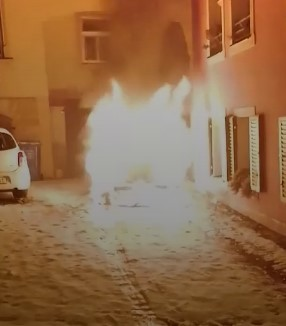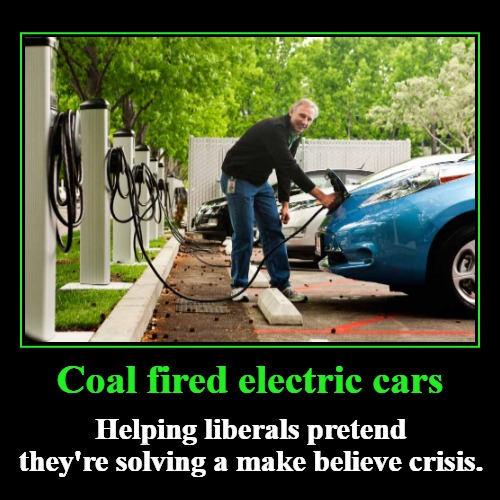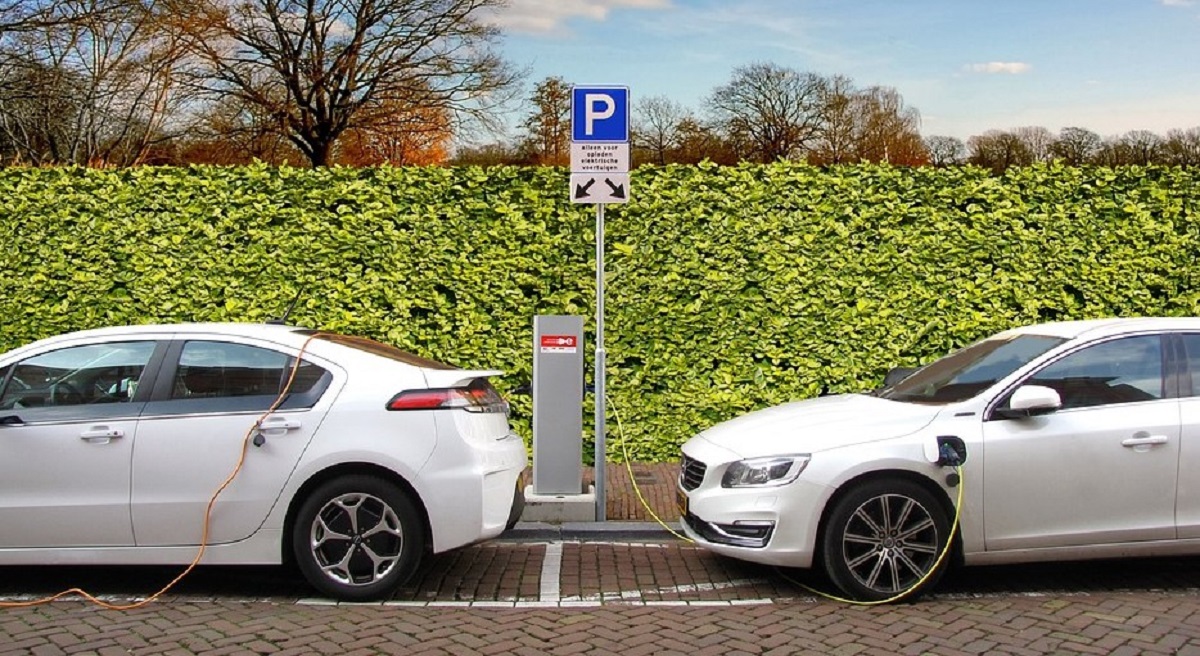Wroclaw / Poland 9/19/2022
They were supposed to be the cars of the future. Cheap in operation, technically at the highest level, and above all, this type of drive was to be the most environmentally friendly. Due to the current energy prices, it does not look very good with this favorable electric variant. In California, in connection with the overload of the power grid, owners of electric cars were urged not to charge their vehicles during the hours of the greatest demand for electricity, i.e. between 4pm and 9pm. You can read about it in an article in the German FAZ (Frankfurter Allgemeine Zeitung) published two weeks ago: Please do not charge electric cars.
With the planned switch to electric cars, an additional 20 gigawatts would be needed [in California]. This corresponds to the equivalent of 15 to 20 additional nuclear power plants, 40 average coal-fired power plants or thousands of wind turbines.
After the introduction of the ban on the sale of vehicles with combustion engines in 2035, nature will not rest either. Lithium-ion batteries, which are commonly used in electric cars, are highly problematic both for raw material extraction, production and later recycling.
Security is an additional concern. Battery explosions are becoming increasingly common in these vehicles.

Two examples of fires in electric buses:
Why do these cars catch fire? The main reason is the property of lithium. This can best be observed by conducting an experiment showing the reaction of lithium with water:
Of course, technology is evolving, but modern technologies also have shortcomings. Our technology may seem like a great solution to all the problems plaguing mankind. Technocrats think so. Technological advances must be supported. Our problem is not with the technology itself, but with the intentions of the people who use it.

Author of the article: Marek Wojcik
